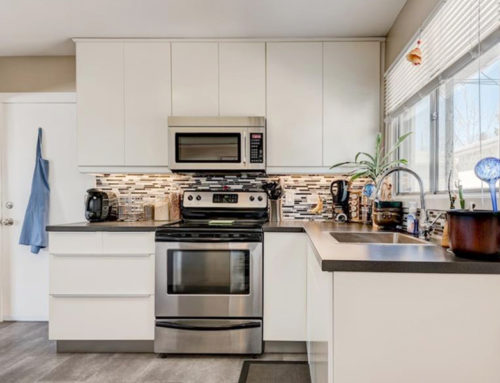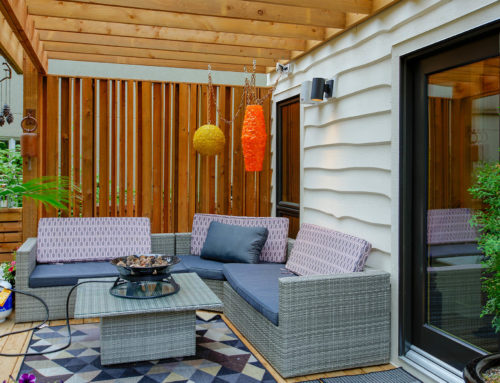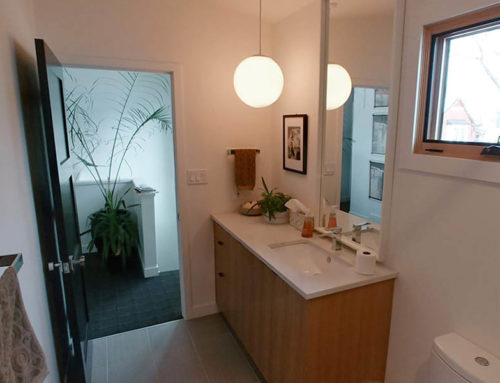Human beings have had differing needs since time immemorial. It’s simply a part of our individuality. What may seem good and beautiful to one may not feel the same way to others. From the food that we eat to the houses we live in, to the people we date, we all want different things. The same goes for countertops whether in the bathroom, kitchen or elsewhere in the house. To help you better choose what’s best for you here’s a list of countertop types and their pros and cons.
Granite Countertops
In technical terms granite is an igneous rock that has 20% or higher quartz content. Commonly used for its beauty and strength it has a few benefits as well as downsides as a countertop.
Pros
- Once sealed granite cannot be stained.
- It is non-porous hence sanitary to use.
- Its surface can’t be damaged by hot items or cutting on it.
- Granite does not fade.
- Granite countertops are unique due to their different composition and character.
Cons
- Granite needs to be resealed after every 2 years.
- Granite countertops can be an expensive affair.
- There is a possibility of granite cracking though it doesn’t happen often.
Quartz Countertops
Seen to be a constituent part of granite it is also a hard transparent mineral that occurs on its own. It also can coincidentally be used to make countertops through a manufacturing process. We LOVE Quartz as it offers that dramatic solid surface without the granite price.
Pros
- It is a non-porous material hence able to resist staining.
- It’s just as durable as concrete and granite.
- It’s a bit harder to crack than granite.
- The manufacturing process allows for a much bigger color range than found in marble or granite.
- Unlike granite, it does not need regular sealing.
Cons
- Custom Quartz can be expensive to install.
- Exposure to direct sunlight over long periods of time can lead to discoloration.
- With lighter shades of color, quartz seams tend to be visible.
Concrete Countertops
A common substitute for marble and granite countertops is concrete. Like any other countertop material it also has its benefits and disadvantages.
Pros
- Concrete is very durable.
- The choice of color is unlimited as it can be stained to contain any color you desire.
- Tile, mosaics and other inserts can be added to enhance the look of the concrete.
- A seam filler can be used to cover up seams.
- Concrete is heat resistant.
- Concrete is relatively cheap in comparison to granite and quartz.
- The material is flexible enough to be cast in any shape and size.
Cons
- Concrete countertops need regular waxing.
- Concrete is porous and can be a challenge to keep clean.
- High heat application can discolor the sealer.
Recycled Glass Countertops
As the name suggests glass is re-used to make countertops using petroleum or cement-based binders. The glass can be acquired from various sources e.g. demolished buildings and broken soda bottles.
Pros
- It is eco-friendly as the manufacture of new glass products leaves a big carbon footprint.
- For petroleum-based binders, the countertops are non-porous hence unlikely to stain.
- They are both heat and scorch resistant.
- They are very hard to scratch and hence cutting on them shouldn’t be a problem.
- Like concrete, glass countertops are easy to cast in any shape and size.
- Should you find yourself needing to replace them you can just recycle your old one and turn it into a new one.
Cons
- For cement-based binders, the countertops need regular sealing.
- Though rare glass countertops can sustain damage in the form of cracks, chips and dents.
Marble Countertops
Just like granite marble is quarried and used for a variety of purposes. A few examples may include building, sculpting and making paint. As a countertop option the following are its pros and cons.
Pros
- The stone is naturally beautiful.
- Marble is heat resistant.
- It has been proven to last long.
- Depending on the type of marble it can be quite affordable.
Cons
- It is porous and hence needs sealers to prevent staining.
- The material is not impervious to scratches.
Butcher Block
Previously used in meat processing plants and butcher shops, butcher blocks have since made the transition to home countertops. They are mainly made from cuts of hardwood that are glued together. It is definitely a worthy consideration when deciding on a countertop. We have used them in the past and you need to realize the maintenance work you need to do on wood countertops. You’ll need to sand and oil the countertops frequently.
Pros
- It adds a classic rustic feel to a kitchen space.
- There are many different types of wood to choose from.
- It is warmer than any other countertop choices.
- Damage such as scratches and dents can be easily corrected.
- Depending on whether you use reclaimed wood it can an eco-friendly option.
- Inexpensive if you do yourself
Cons
- It needs sealing as the surface is naturally porous.
- It is susceptible to water damage.
- Wood is prone to cracks, dents, and scratches.
- It may need regular maintenance in the form of refinishing.
Porcelain Tile Countertops
Pros
- There is a variety of colors to choose from.
- Porcelain resists chipping, scratching and cracking and is even said to be stronger than granite.
- Highly durable lasting long periods of time.
- The tiles are easy to install over your current countertops.
- Porcelain is heat resistant and can therefore handle hot objects.
- You can choose from several different finish options, for example, glazed, unglazed and polished finishes.
- It is naturally non-porous and hence you do not have to worry about staining.
- The clay used is considered to be eco-friendly and as a bonus can be recycled.
- The countertops are easy to clean.
- In the case of breakage individual tiles are sometimes easy to repair.
Cons.
- Dated style
- It can be very hard to create a smooth and even surface due to grout joints.
- Grout joints can also harbor bacteria and fungi.
Ceramic Tile Countertops
Pros
- Ceramic tiles are beautiful and elegant looking.
- A variety of finishes to choose from e.g. glazed and unglazed.
- It is easy to replace a broken or chipped tile with another one.
- The tile itself is non-porous and hence cannot stain.
- It is heat resistant and can therefore handle hot objects.
Cons
- Grout joints are easily seen.
- Grout can also make it difficult for the countertop to be smooth and even.
- The tiles can crack and chip.
- Gloss can easily be ruined by intense scrubbing.
- Fungi and bacteria can also find favorable environments within the grout joints.
Solid Surface Countertops
A solid surface is a man-made material used mainly for Kitchen countertops. It can also be used for shower walls and furniture such as cabinets. In relation to countertops, however, the pros and cons are as follows.
Pros
- There is a big range of colors and finishes to choose from.
- Being seamless means that the surface can be even and smooth.
- They do not require a lot of maintenance.
- The surface is non-porous hence no staining.
- They are easy to repair with the use of seamless patches.
- The price for these countertops is relatively affordable.
Cons
- The original look may fade over long periods of time.
- The material is not heat resistant.
- Chips and scratches may become visible after a while making it necessary to rebuff.
- Being a manufactured product they leave a relatively high carbon footprint.
Stainless Steel Countertops
As the name suggests these are made from a special kind of steel that is resistant to corrosion. It is a favorite for many especially on the commercial kitchens side.
Pros
- Steel is highly durable and can thus last a long time.
- The material is non-porous hence impervious to staining and mold.
- The surface is quite easy to maintain.
- It is heat resistant.
- The material is 100% recyclable hence can be eco-friendly when re-used.
Cons
- Steel scratches easily and this will be visible when you start using them.
- Steel’s conductor properties make it so that you have to be careful with electricity.
- It can be a noisy experience using these countertops.
- The top dents easily.
- Its color options are limited to one.
Laminate Countertops
The dictionary meaning of laminate is an overlay with a layer of plastic or some other protective material. Of course, the composition in between the plastic is flexible to some degree and includes options. Like all other counter tops on this list, I will give you a list of its pros and cons.
Pros
- Laminate counter tops can be quite affordable.
- You have an unlimited choice of color and patterns.
- The material is created seamless.
- It is non-porous if not damaged and hence does not harbor bacteria and fungi.
- It is easy to clean.
Cons
- Low level of durability. These do not typically last long.
- Laminate counter tops are not repairable once damaged.
- When damaged it can lead to crevices housing bacteria and fungi.
- Can not take hot items
- For those looking to sell a house laminate countertop does not add any value.
Specialty Countertops
There are also other types of countertops which may be available in your area. Such countertops can be made from Epoxy or mined Lava. These both come with advantages and disadvantages which should be explored. We would love to work with these types, but so far our customers have chosen more typical types as listed above.





